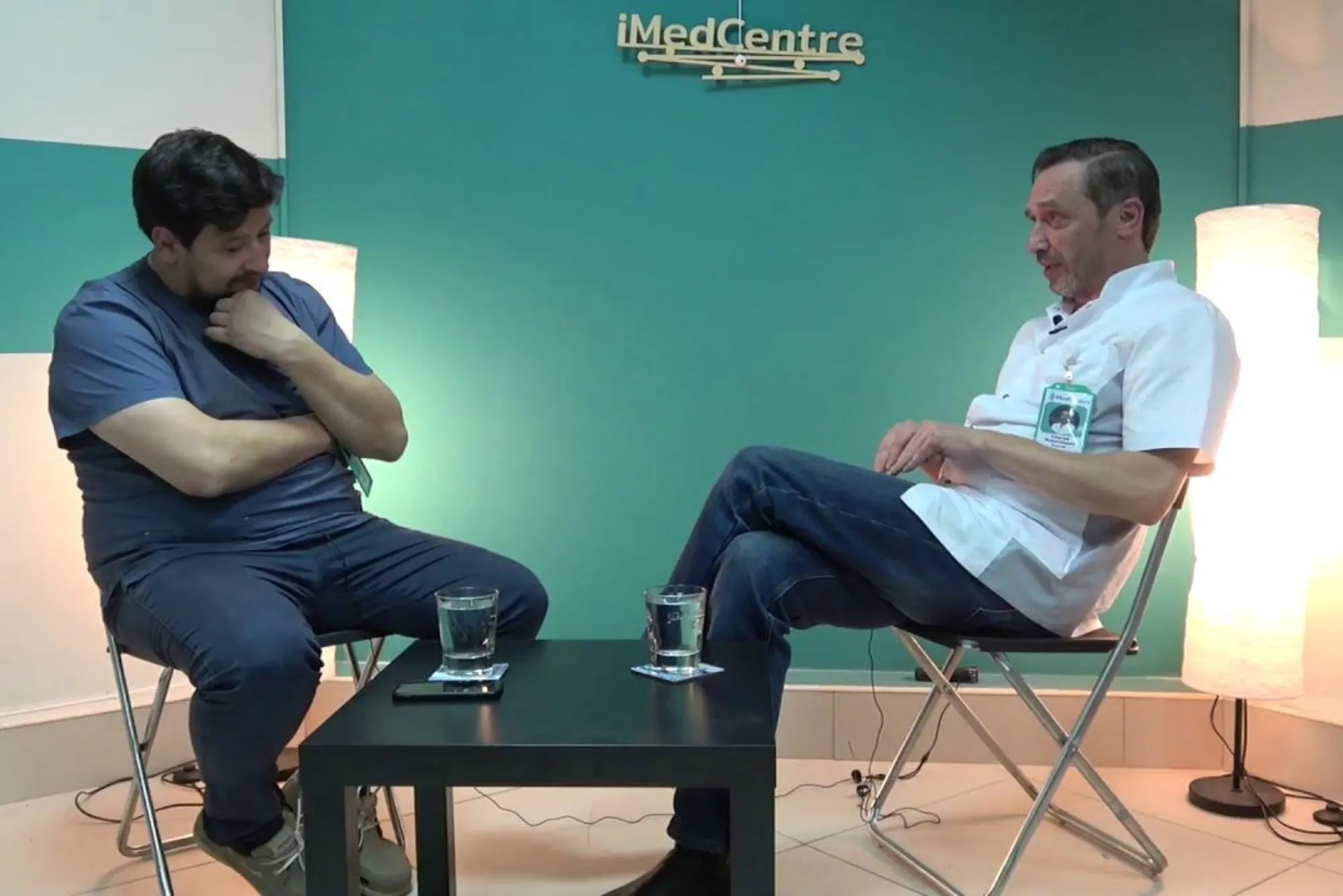The selection between in-home care and conventional nursing properties is a important determination that households should make for the well-being of their aged family members. Each choices provide distinct benefits, however in recent times, the pattern towards in-home care has grown considerably. This shift is pushed by the quite a few advantages that in-home care supplies over conventional nursing house settings. On this article, we delve into the benefits of in-home care, highlighting why it has grow to be a most well-liked possibility for a lot of households.
Personalised and Versatile Care
In-home care gives a stage of customized and versatile care that conventional nursing properties typically can not match. Caregivers within the house setting can tailor their companies to the precise wants, preferences, and routines of the person, guaranteeing a extra comfy and satisfying care expertise. This customization extends to every little thing from the kind of care offered to the schedule of care, permitting for changes as the person’s wants change over time. The flexibility to obtain care in a well-recognized atmosphere, with the flexibleness to adapt companies as vital, is a big benefit of in-home care.
Enhanced Consolation and Familiarity
One of the crucial compelling advantages of in-home care is the consolation and familiarity it gives. Ageing in place, or staying in a single’s own residence whereas receiving care, can have profound emotional and psychological advantages. The familiarity of 1’s environment, private belongings, and shut proximity to household and buddies can contribute to a way of safety and well-being. This atmosphere can be much less disorienting for people with cognitive points, equivalent to dementia, offering a steady and recognizable setting that helps their psychological well being.
One-on-One Consideration
In-home care supplies a stage of one-on-one consideration that’s typically unattainable in conventional nursing house settings. With a devoted caregiver, people obtain undivided consideration, guaranteeing their wants are promptly and successfully addressed. This customized strategy not solely enhances the standard of care but additionally fosters a deeper bond between the caregiver and the person. The sturdy relationship that always develops may be instrumental in enhancing the general care expertise, contributing to higher emotional and psychological well-being.
Better Independence and Autonomy
In-home care helps better independence and autonomy for people, a facet that’s significantly vital for a lot of seniors. The flexibility to keep up management over one’s day by day routine, actions, and care selections can considerably affect one’s high quality of life. In distinction to the extra structured atmosphere of a nursing house, in-home care permits people to dwell on their phrases, making private decisions about their day-to-day lives. This autonomy can result in elevated satisfaction and a extra constructive outlook on life.
Price-Effectiveness
Whereas the price of care is a vital consideration for a lot of households, in-home care can typically be more cost effective than conventional nursing house care. The flexibility to customise the extent and frequency of care signifies that households solely pay for the companies they want. For these requiring part-time help or particular care companies, in-home care can present a extra financially viable possibility. Moreover, avoiding the prices related to residing in a nursing house facility can lead to important financial savings over time.
Diminished Threat of An infection
The customized nature of in-home care additionally interprets to a diminished threat of an infection, a notable profit in gentle of latest international well being considerations. In-home care minimizes publicity to communal residing environments the place sicknesses can unfold extra simply amongst residents. This side of in-home care is very vital for people with compromised immune methods or those that are significantly weak to infections.
Help for Households
In-home care not solely advantages the person receiving care but additionally supplies substantial help for households. Caregivers can provide respite for relations, lowering the bodily and emotional burdens of caregiving. This help may also help households preserve a stability between caregiving duties and their private lives, lowering stress and enhancing household dynamics. Moreover, the involvement {of professional} caregivers can present households with peace of thoughts, understanding that their family members are receiving high-quality, compassionate care.
Conclusion
The choice between in-home care and conventional nursing properties is complicated and deeply private. Nevertheless, the advantages of in-home care, together with customized and versatile care, consolation and familiarity, one-on-one consideration, better independence, cost-effectiveness, diminished threat of an infection, and help for households, make it a compelling selection for a lot of. As households navigate the caregiving journey, understanding these benefits may also help inform a choice that greatest meets the wants and preferences of their family members.








